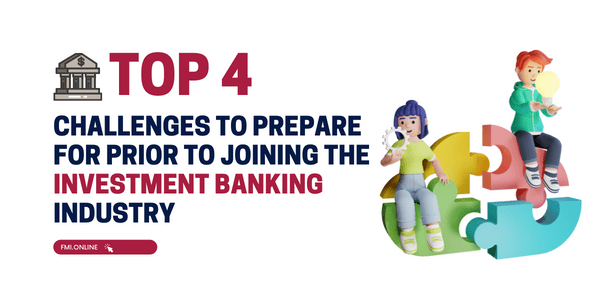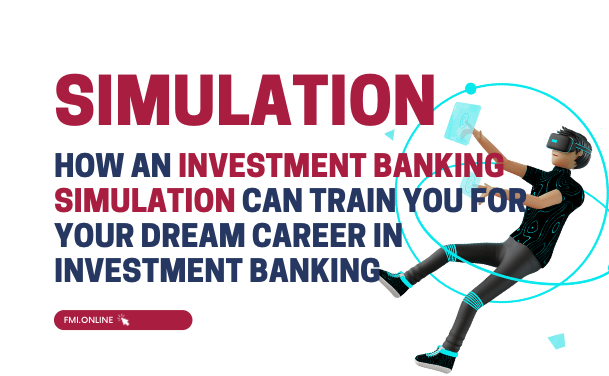Investment banking is typically seen as a prestigious career with a variety of perks and learning opportunities. Yet, the challenges it comes with are not a secret either. Here are some of those majorly known challenges:
1. Having the right background
Although investment banks deploy a range of resources every year to train and upskill their employees, a master’s degree is expected for a majority of investment banking jobs. A degree in the field of finance or an MBA is preferred. One could also join the IB industry right after their undergraduate degree but requires a strong resume to break into one of the top investment banks such as Morgan Stanley and JP Morgan Chase. Internship experience in investment banking or in the field of finance, banking or consultancy is generally preferred for entry-level positions as well.
A degree in finance is not mandatory to get a job in investment banking, however it is given more preference over other disciplines. Nevertheless, one should have a strong maths focus with degrees such as economics or management. There are also ways to start building your investment banking acumen through exhaustive IB courses such as Introduction to Investment Banking by FMI.
2. Constant upskilling
Ironically, despite the rise of several well funded start-ups, both in finance (fintechs) and other sectors with lucrative job offers, the competition to get into investment banking and to grow within the industry has risen over the years. It is considered extremely beneficial if an applicant or an employee has specialist investment banker qualifications. Some of the valued courses in the industry are, Chartered Financial Analyst (CFA) programme, Certificate in Investment Management (IMC) offered by CFA Society and BSc Finance (Investments), affiliated with (CFA) programme, among many others.
3. The need to effectively network
The ratio of jobs available and applicants applying for those positions in the industry does not favour applicants. Therefore, networking becomes very critical to get a job in investment banking. One must go out of their way to meet people from the industry. This becomes especially important for people who are introverted and don’t prefer socialising. You can sign up for guidance sessions or investment banking meets, and may find opportunities to speak with your future employers at those events. Moreover, you can always establish connections on LinkedIn with industry professionals or veterans.
4. A demanding schedule
The investment banking industry is notorious for its demanding hours and hectic work schedules. With 100-hour work weeks being the norm for entry-level investment banking analysts, the responsibilities increase as the person grows within the bank. While in recent times, top banks have officially cut the work hours for junior associates but nevertheless, they continue to be higher than the standard. Preparing for such a rigid work culture is extremely challenging for any upcoming investment banker.
Similarly, one must also prepare for working under high-pressure situations with multiple competing deadlines. The ability to not just cope up but also grow under pressure is vital in the industry. However, this won’t deter anyone who is highly passionate about working in IB. You can use this knowledge to better prepare yourself and organise your time more efficiently.
Conclusion
It is beneficial to be aware and acquainted with the challenges of working in a cut-throat industry such as investment banking so you can prepare yourself and prioritise what is of value to you. While the industry does come with its own set of challenges such as a background with the right expertise, the need to network and constantly upskill, as well as a demanding schedule and environment, it will not faze you if you are passionate about becoming an i-Banker. Further, this knowledge and awareness early on can also help you evaluate if this is indeed the right industry for you to work in.












 60+ hours
60+ hours 9 courses
9 courses



